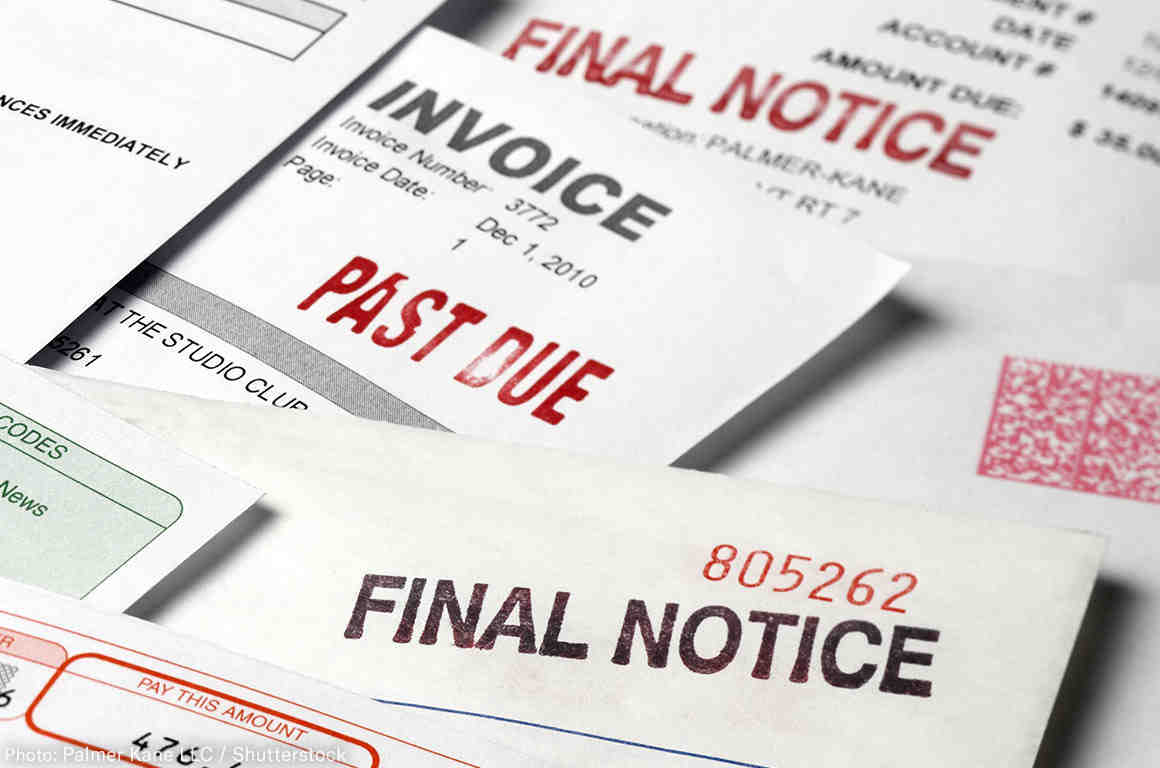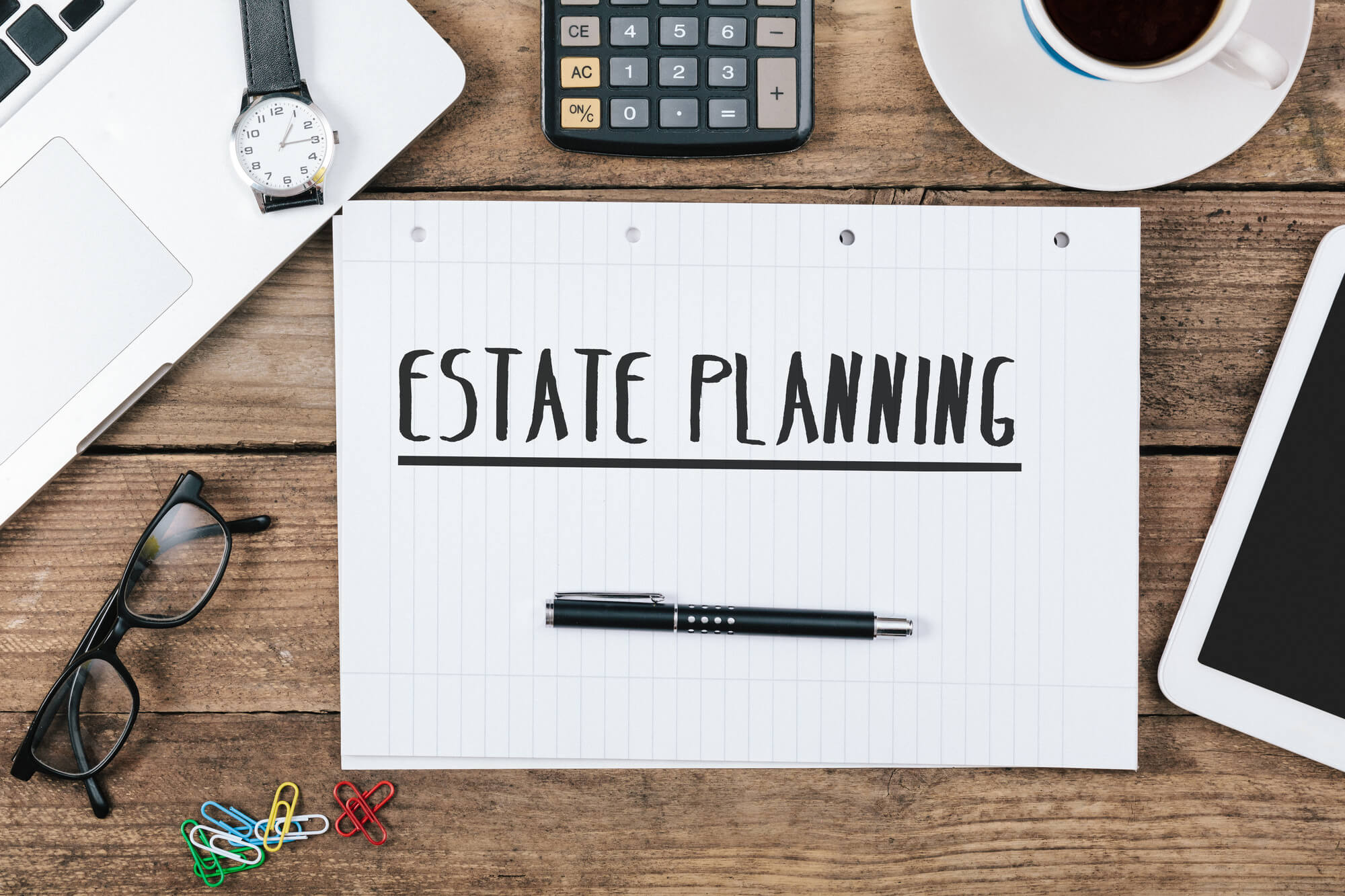It’s a scenario no business likes to be in, but one that may end up experiencing: having to collect money from late-paying customers. The bottom line is that your business isn’t a charity, and you need every dollar account for in the revenue flow if you want to succeed and expand. But how do you go about collecting money owed to you in a way that doesn’t alienate or spook a potentially longstanding client?
It is a tricky question, and one best solved by a commercial collection agency. But before you go outsourcing collections to the first agency you find – who may very well use intimidating tactics that could spoil your customer relationship – consider the kind of agency you want. This article will help you in your decision, listing a few key indicators of a successful, non-disruptive and worthwhile commercial collection agency.
Look at Their Recovery Rate
Before this article gets into matters of how a collection agency collects (which is an important consideration for your business), it is perhaps best to judge them on purely statistical merit. The best way to go about doing this is to look at their “recovery rate” – the amount of debt in a given time, divided by the amount of debt returned – and compare it to the industry average. For instance, an industry leader like Summitcollects.com has a recovery rate double the industry average, a clear indicator of performance and success.
Diplomacy is Key
Debt collection has a negative reputation, thanks in large part to some agencies who collect unethically, and who use strong-arm tactics to meet their bottom lines. This is not the kind of commercial collection agency you want to fraternize with – their blunt and abrasive approach is likely to tarnish your organization’s hard earned reputation. Instead, choose a commercial collection dedicated to diplomacy, one who understands the first-party collection just as well as third-party, and understands the value of maintaining your reputation.
How Do They Make Their Money?
Most commercial collection agencies worth their salt will post this loud and clear on their website; if they don’t, be wary. Do they require upfront costs and ongoing work? If so, give them a pass. If, on the other hand, they run a contingency model – where they get paid from what you get paid, if you get paid –that’s the sign of an honest, confident agency.
Issues of Transparency
You as a business have a right to know how your case is doing. To that end, try and find a company that strives to keep you updated, preferably via real-time software, on the status of your case. The best agencies have nothing to hide and will be more than happy to oblige in this request.
Needing a commercial collection agency is not typically a situation businesses plan to be in, but it is sometimes necessary. To avoid overpaying for an ineffective, avoidant, reputation-tarnishing commercial collection agency, follow the tips above, and regain the money owed to you.
Read Also:






















